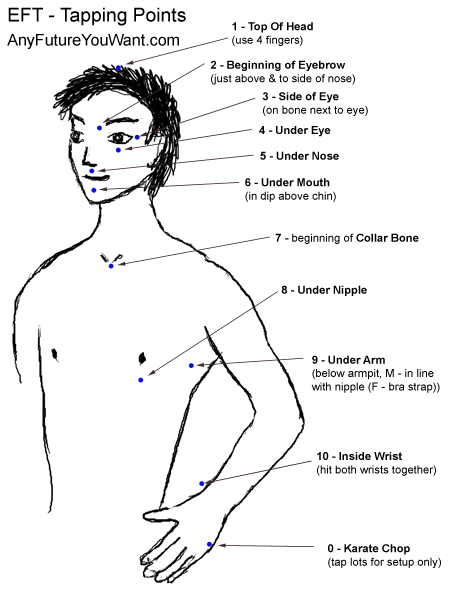Secret Anger
My family has a bit of a history with anger.
Nothing too awful but the men on Dad’s side (and myself) are definitely of the work hard, play hard, kick ass and don’t take any bullshit variety.
For years growing up I genuinely thought I never really got angry.
Well (so I thought), I did get angry, REALLY angry, but only once every few years.
The worst extent of this anger was twice ever, about a decade apart, I’ve punched a wall. I don’t recommend it. It’s more than a little stupid.
Fortunately the last time I did this was about 15 years ago, and I haven’t come remotely close since.
So anyway, I’d always seen THAT as “angry”, but other than that I thought of myself as fairly chilled (ha ha, oh boy).
It’s taken a lot of healing but I can see things a lot more clearly now.
See, I might not have been punching walls, but I was still angry, and I mean ANGRY angry. Pretty much all of the time.
Looking back, I can see that many of my long suffering girlfriends (and my family) walked on egg shells so as not to upset me. (Yes, I have gone back and apologised to several of my exes for this).
How did I not see it at the time?
It was only after I’d got rid of the vast majority of this anger that I could see it for what it truly was.
Turns out, humans lie to themselves. A lot. Not intentionally, but we all do. Nobody wants to feel like a bad guy.
In this case, what was actually anger I had about a thousand euphemisms for:
- Being annoyed
- Being irritated
- Being moody
- Pissing me off
- Getting up my nose
- Someone being fucking retarded (and no, I didn’t mean mentally handicapped)
- Stupidity
- Being fucked off
- Bugging me
- Bothering me
- Them being morons (of course, it’s always them, right?)
- Irking me
- … and so on
All of these, in hindsight, were me being angry.
The trouble is, if what you consider real anger involves punching a wall, then merely spewing invective for a few hours doesn’t even register.
Interestingly, most of these come back to wanting control (ie feeling out of control). Someone didn’t behave the way I’d want them to, and I’d get angry.
Of course, it’s much easier to see the small stuff once you’ve got rid of the big stuff.
This week I noticed a new variation.
“Things getting under my skin.”
Subtle, very subtle.
I may not be screaming about whatever-it-is, but I can definitely feel my energy shifting.
I’m slightly tenser than usual and my thoughts are overly focused on the issue.
Not the end of the world by any means, but since I’m fully committed to dropping ALL non-loving thoughts, this has to go too. Yes, I realise that’s an ambitious goal, but it’s worth aiming for. Every step improves my life and that of those around me.
The way I figure it, if you’re automatically thinking about something you don’t enjoy? There’s something there worth looking at.
Ultimately, anger is something that is primarily detrimental to the person feeling it.
We often delude ourselves that anger can propel us into positive action – but the same action taken from a place of love is always far more effective. Even if the correct response is punching someone in the face (which I also don’t recommend), any tension in your body will radically reduce the power and speed of your punch. I’m serious.
Same goes for everything.
As the old saying goes – being angry is like drinking poison and waiting for the other person to die.
Even this deep, subtle, secret anger is worth rooting out and removing, if you genuinely want a long, peaceful, happy life.


